Blog
Learn from our local travel experts and guides
GoWithGuide Posts
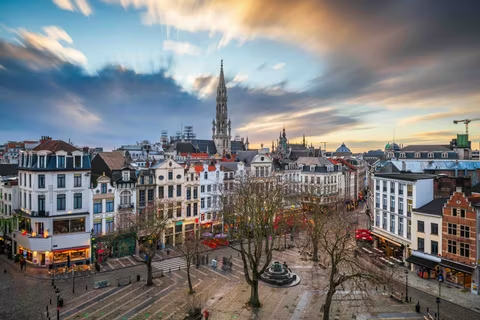
France
Paris to Brussels Day Trip: A Tour Guide’s Honest Verdict & Itinerary

Kuniaki T
Jul 14, 2025
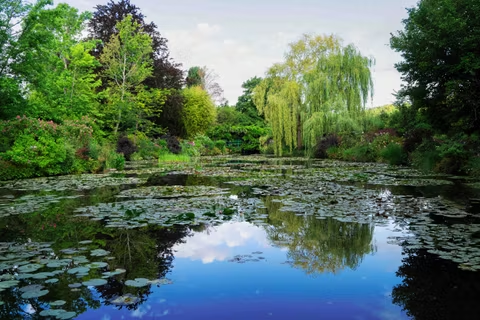
France
Paris to Giverny Day Trip: The Itinerary & Travel Tips You Need

Kuniaki T
Jul 07, 2025

Spain
What Is the Best Tour Company for Spain? Find the One That Fits You

Yui P
Jun 30, 2025
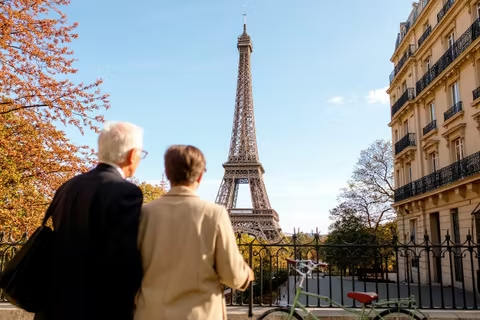
France
Paris Trip Planning: How to Plan the Perfect Visit for Your Pace & Style

Yui P
Jun 28, 2025

France
15 Best Places to Visit in France Besides Paris – Tour Guide’s Picks

Kuniaki T
Jun 27, 2025
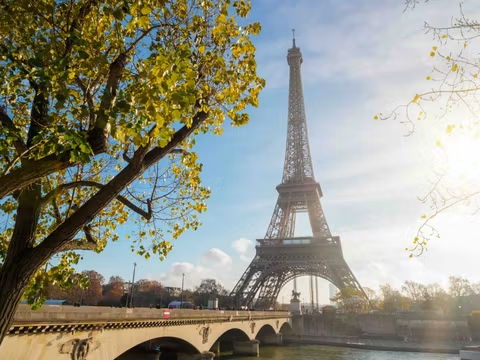
France
What to Wear in Paris in the Fall: A Packing List for Style & Comfort

Courtney Cunningham
Jun 27, 2025

Spain
Barcelona With a Toddler: Everything You Need To Know To Enjoy Your Trip

Yui P
Jun 26, 2025

France
Paris to Bruges Day Trip Itinerary: All You Need To Know

Kuniaki T
Jun 24, 2025
Guide's Posts
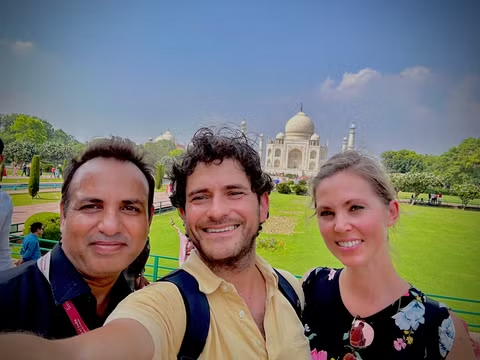
India
"Unlocking India's Hidden Treasures: Your Ultimate Guide to Booking Certified Tour Guides"

Asif K.
May 13, 2024
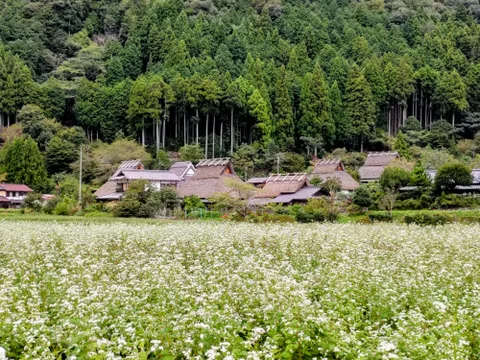
Japan
Miyama Kayabukino sato-Miyama Thatched Village

Tomoe S.
Oct 03, 2023
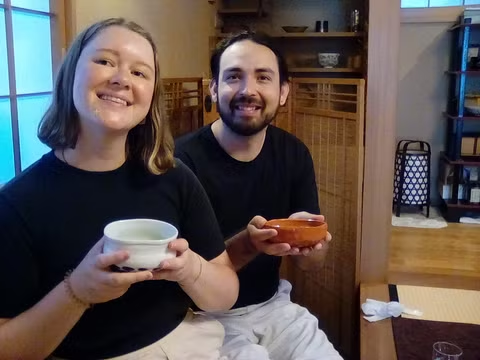
Japan
Summer Tea Ceremony (August 11, 2023)

Yoko T.
Jan 24, 2024

Japan
Transport In Tokyo: Getting A Welcome SUICA or Pasmo Passport Is Recommended

Yoko T.
Mar 21, 2024
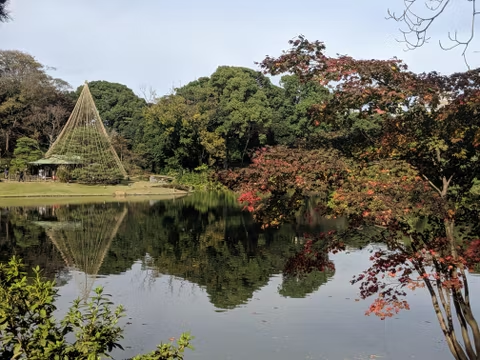
Japan
Autumn Leaves Viewing in Tokyo
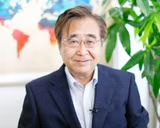
Kashima H.
Jul 27, 2023
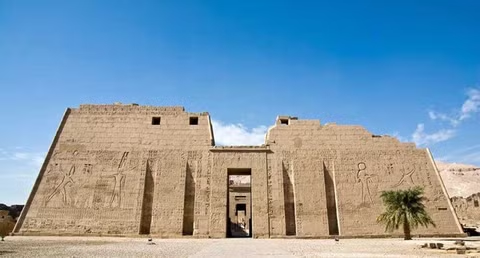
Egypt
Medinet Habu

Mahmoud O.
Jun 12, 2023
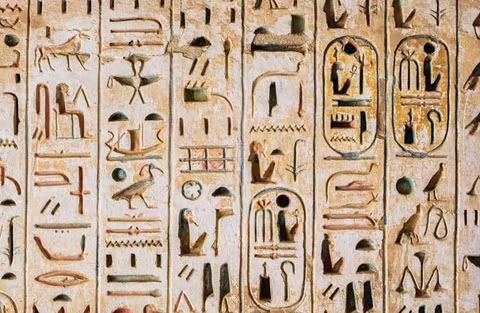
Egypt
Ancient Egyptian Language

Mahmoud O.
Jun 12, 2023
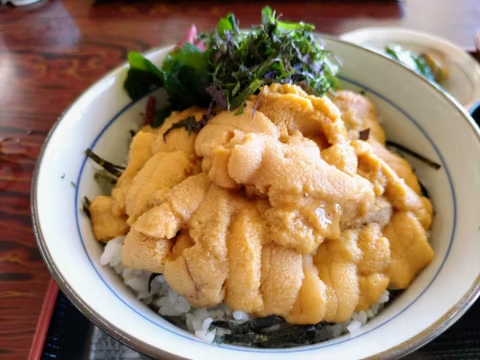
Japan
A trip from Aomori to Akita, driving along the coast of Japan Sea

Tomoe S.
Aug 17, 2023